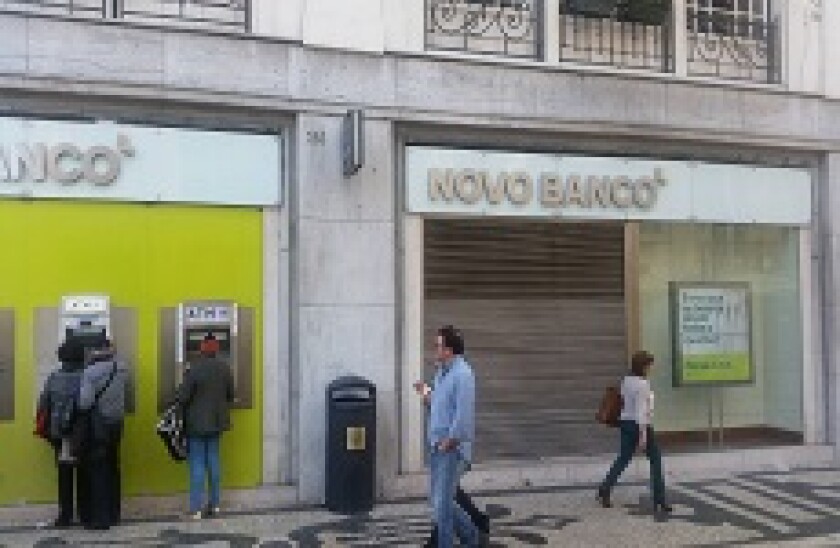Sale conditions put Novo Banco bondholders in prisoners’ dilemma

As part of Novo Banco’s sale process, senior bondholders may be asked to exchange their securities for subordinated bonds at a deep discount to book value.
Unlock this article.
The content you are trying to view is exclusive to our subscribers.
To unlock this article:
- ✔ 4,000 annual insights
- ✔ 700+ notes and long-form analyses
- ✔ 4 capital markets databases
- ✔ Daily newsletters across markets and asset classes
- ✔ 2 weekly podcasts
